We keep you up to date – with news from institutes and our service centers as well as notes around the TU Braunschweig.
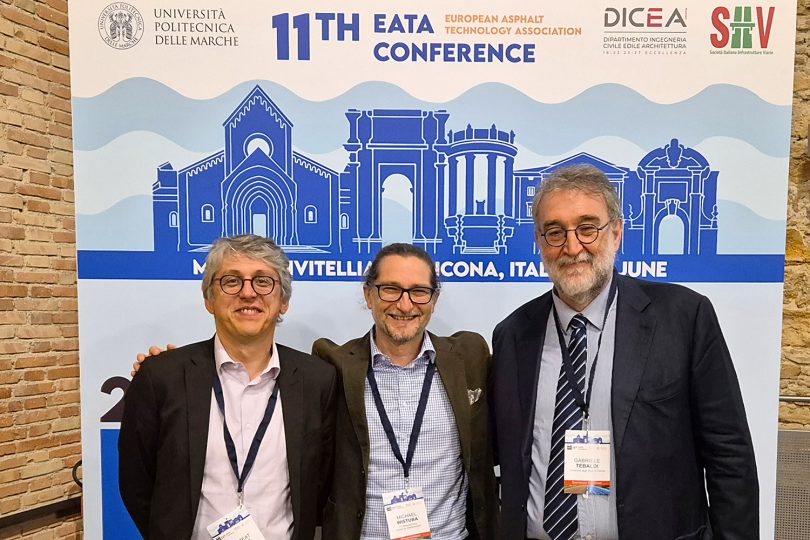 20. June 2025
20. June 2025
On 12 June 2025, Professor Michael P. Wistuba, from the…
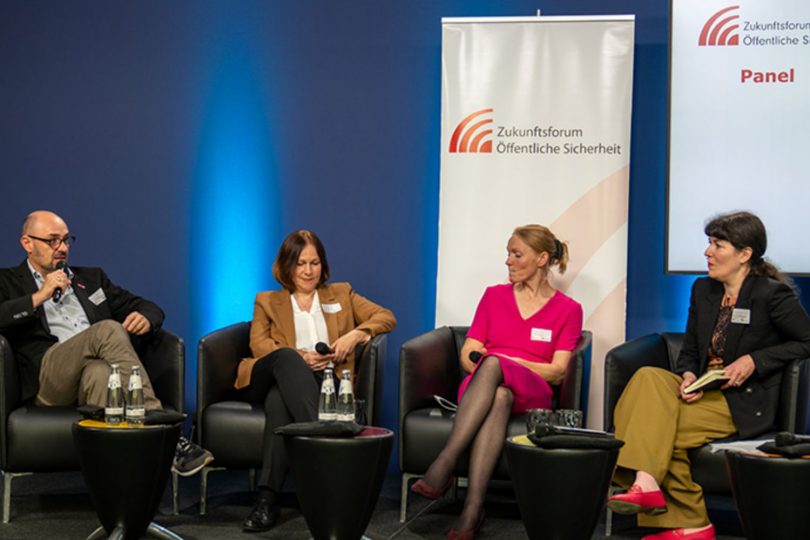 13. June 2025
13. June 2025
Close exchange with federal policy makers is of central importance…
13. June 2025
Dr Melissa Asuaje Pfeifer from the Institute of Pharmacology, Toxicology…
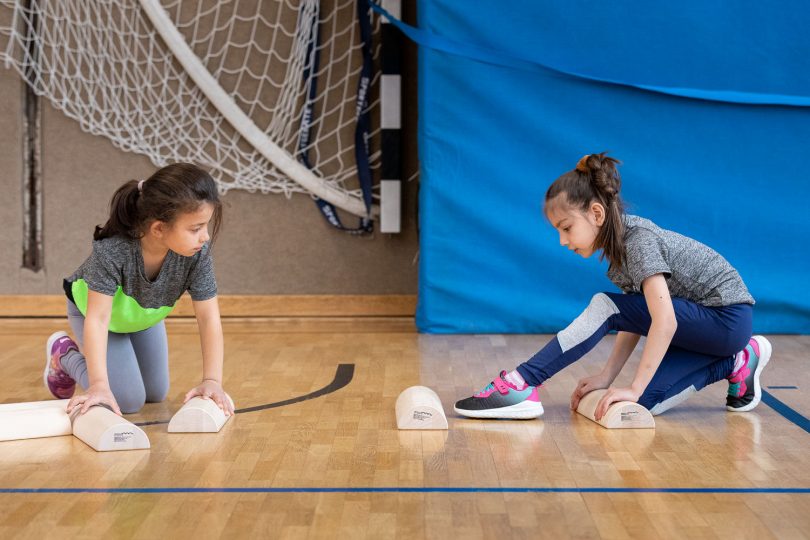 11. June 2025
11. June 2025
The Institute for Sports Science and Movement Education at Technical…
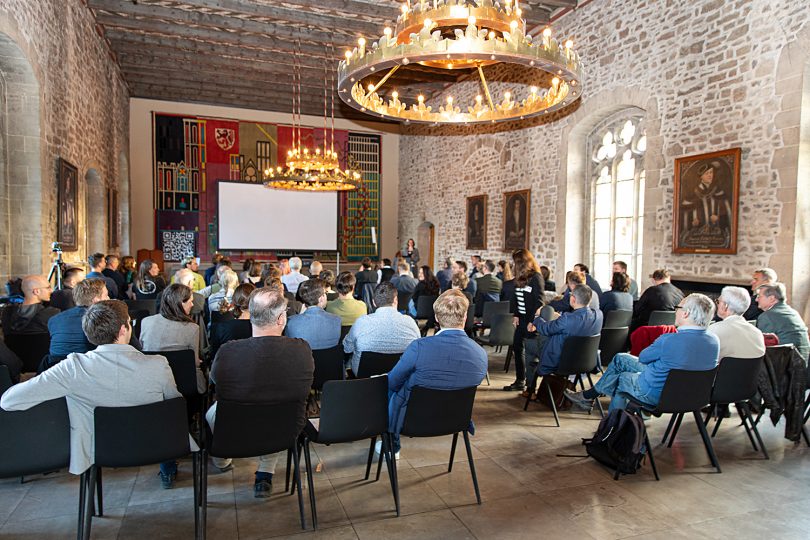 28. May 2025
28. May 2025
‘Maintain. Reactivate. Save’ – this was the motto of the…
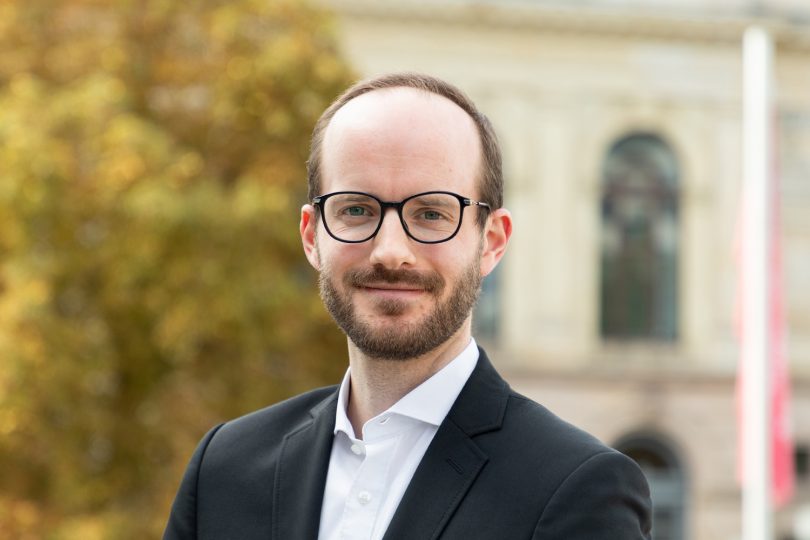 23. April 2025
23. April 2025
Professor Bastian Kindermann from the Institute for Automotive Management and…
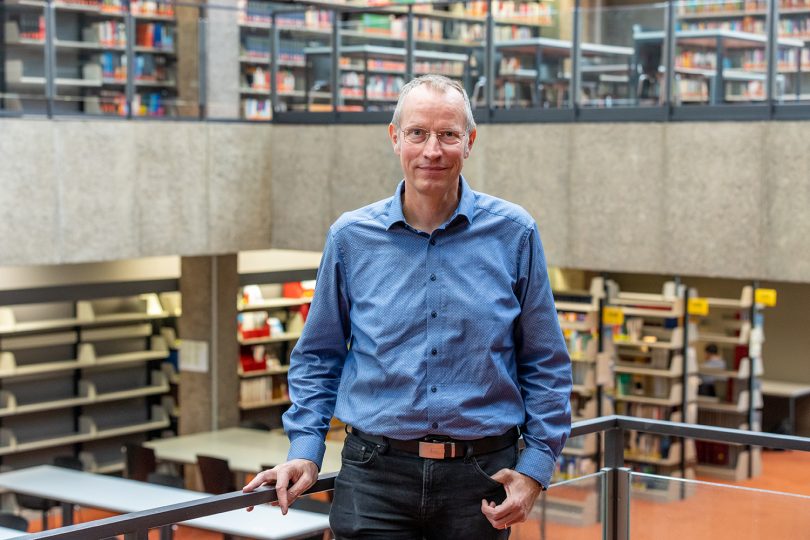 9. April 2025
9. April 2025
The Director of the University Library of Technische Universität Braunschweig,…
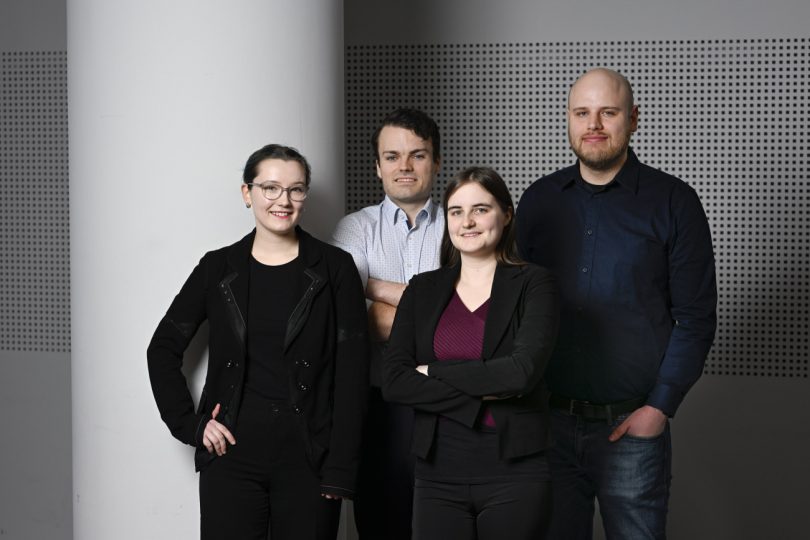 28. March 2025
28. March 2025
Liontech Instruments UG, a spin-off from the Institute for Communications…
 28. March 2025
28. March 2025
At the ‘WindEurope 2025’ in Copenhagen, the EU-funded project INF4INiTY,…
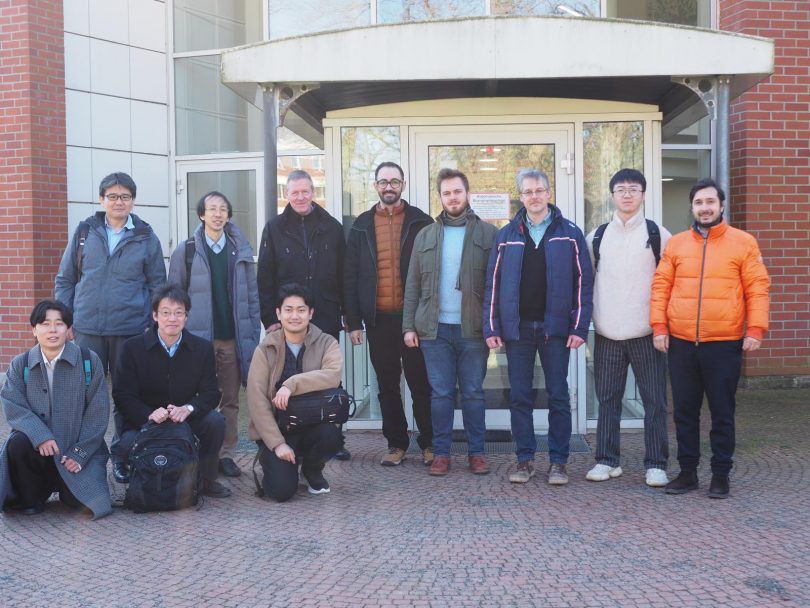 25. March 2025
25. March 2025
The visit of a delegation from Tokyo marks the beginning…
13. March 2025
Dr Anton Möllerke from the Institute of Organic Chemistry at…
3. March 2025
On 26 February 2025, Prof. Andreas Hördt was elected to…
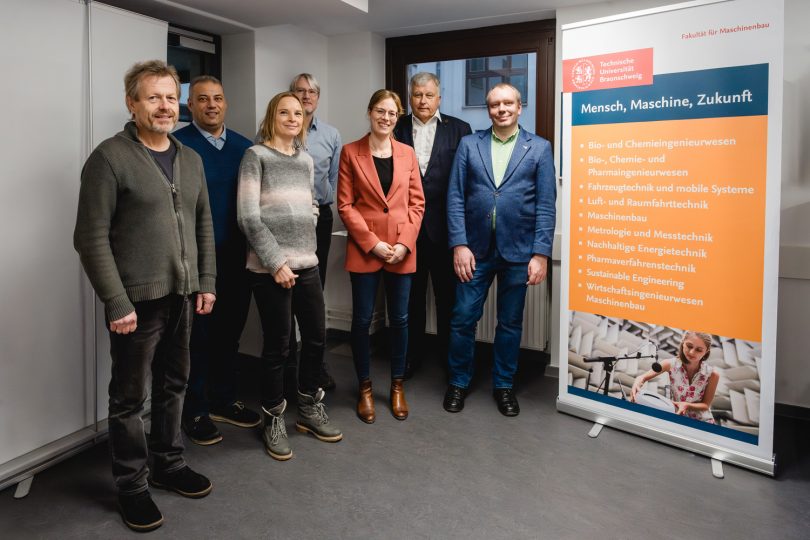 10. January 2025
10. January 2025
Since 2010, TU Braunschweig has been cooperating with the Vilnius…
10. January 2025
As the increasing spread of false information, hate speech and…
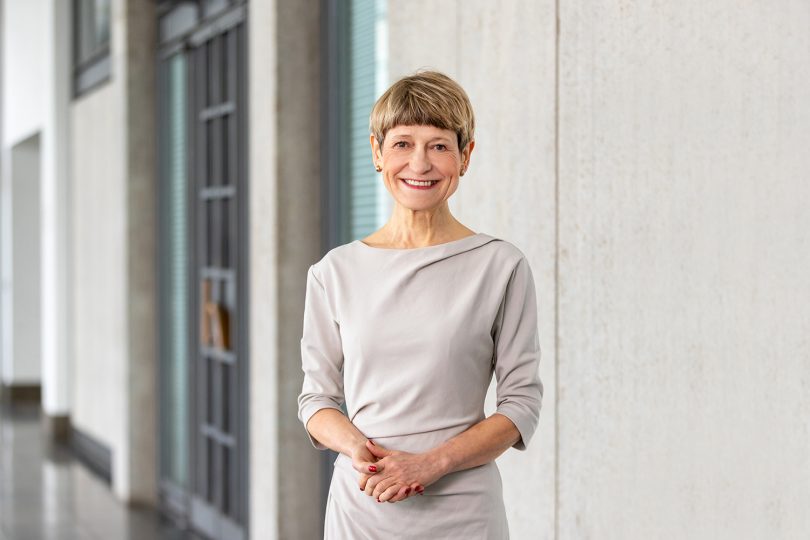 9. January 2025
9. January 2025
Professor Angela Ittel, President of Technische Universität Braunschweig, takes over…
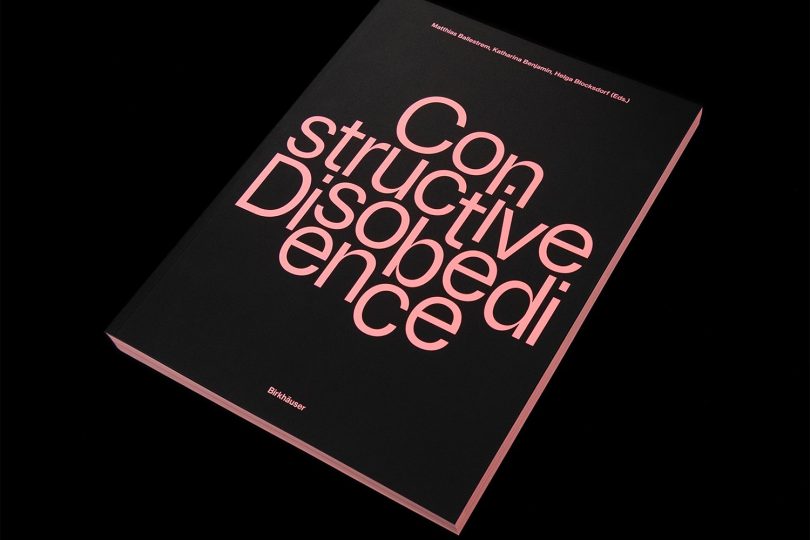 16. December 2024
16. December 2024
How can constructive experiments in architecture be used as an…
16. December 2024
The four-hour workshop “Communicating Gender in STEM” on 12 December …
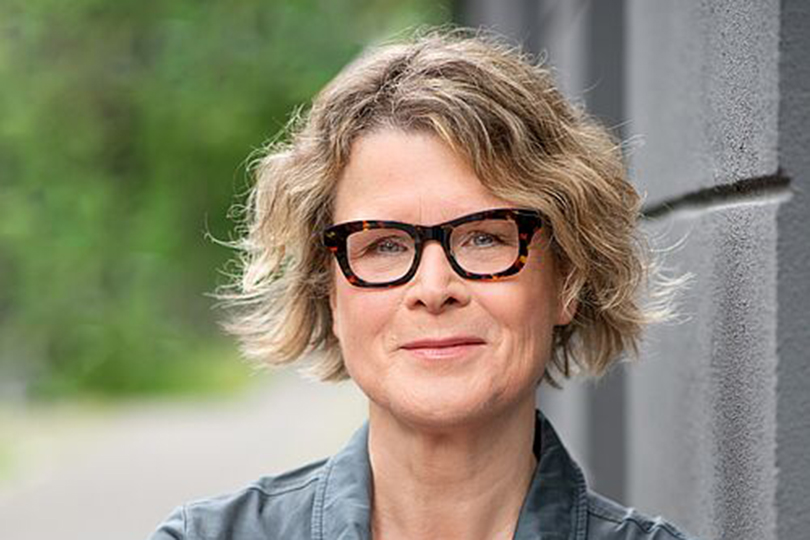 16. December 2024
16. December 2024
The Minister President of Lower Saxony, Stephan Weil, has appointed…
12. December 2024
Aeon Robotics GmbH (second place) and PhySens GmbH (third place),…
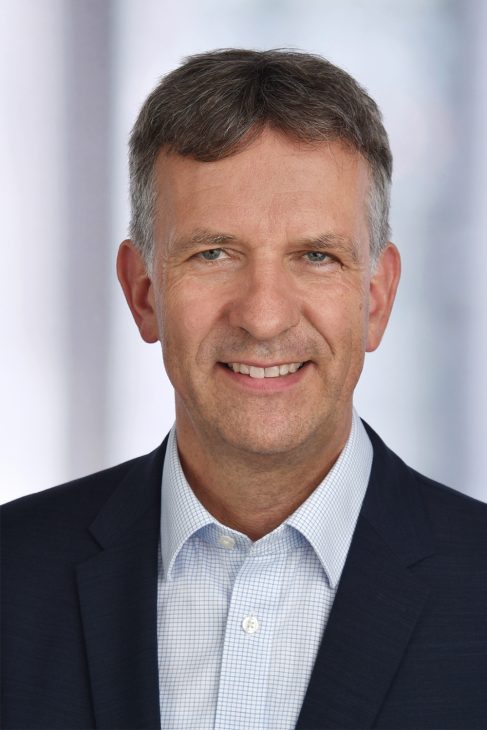 5. December 2024
5. December 2024
On 1 January 2025, Professor Tim Fingscheidt of the Institute…